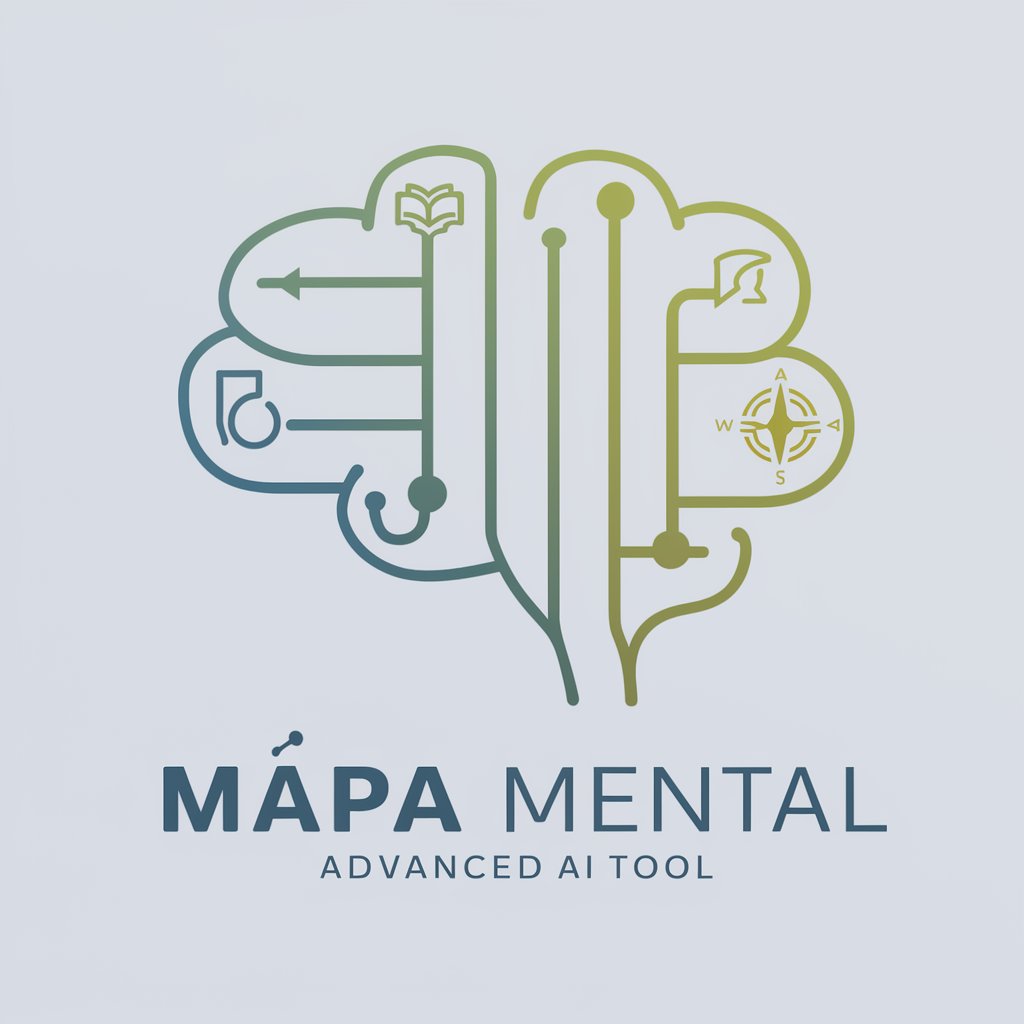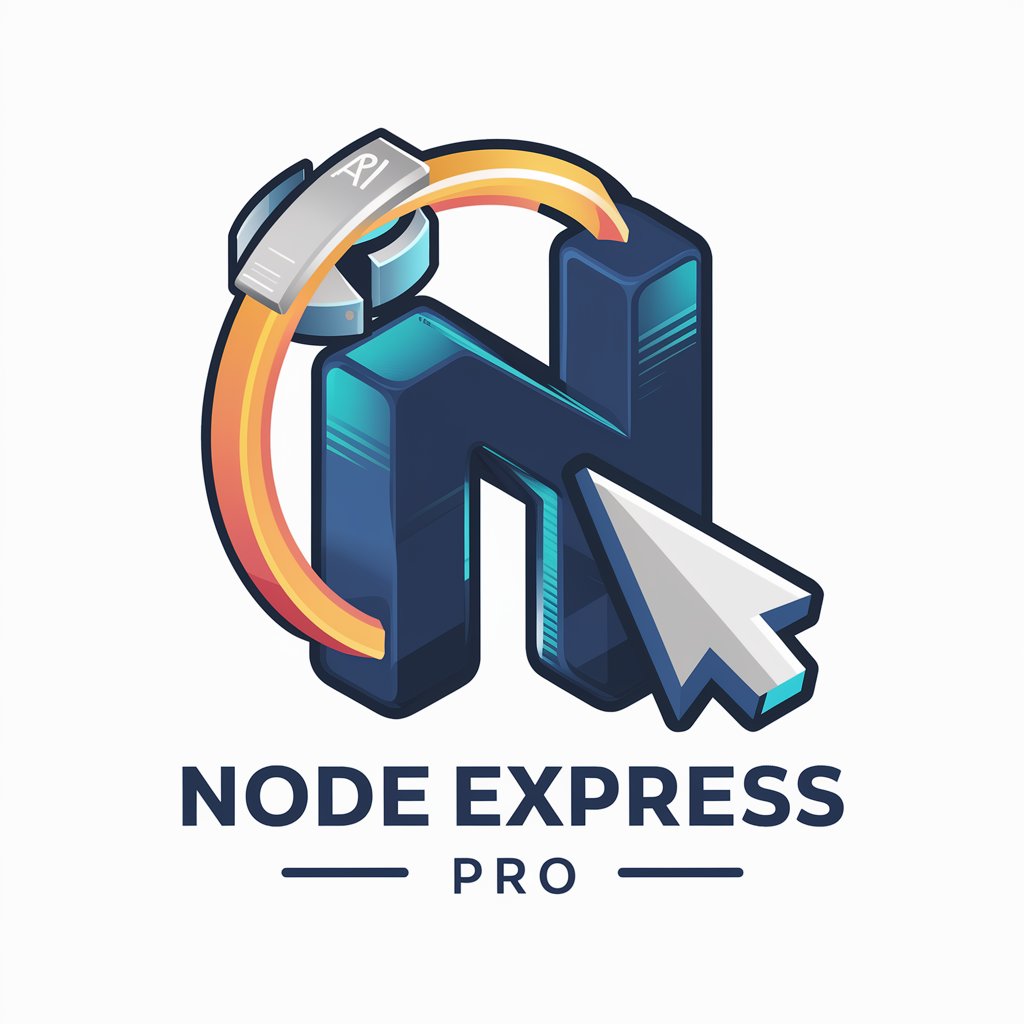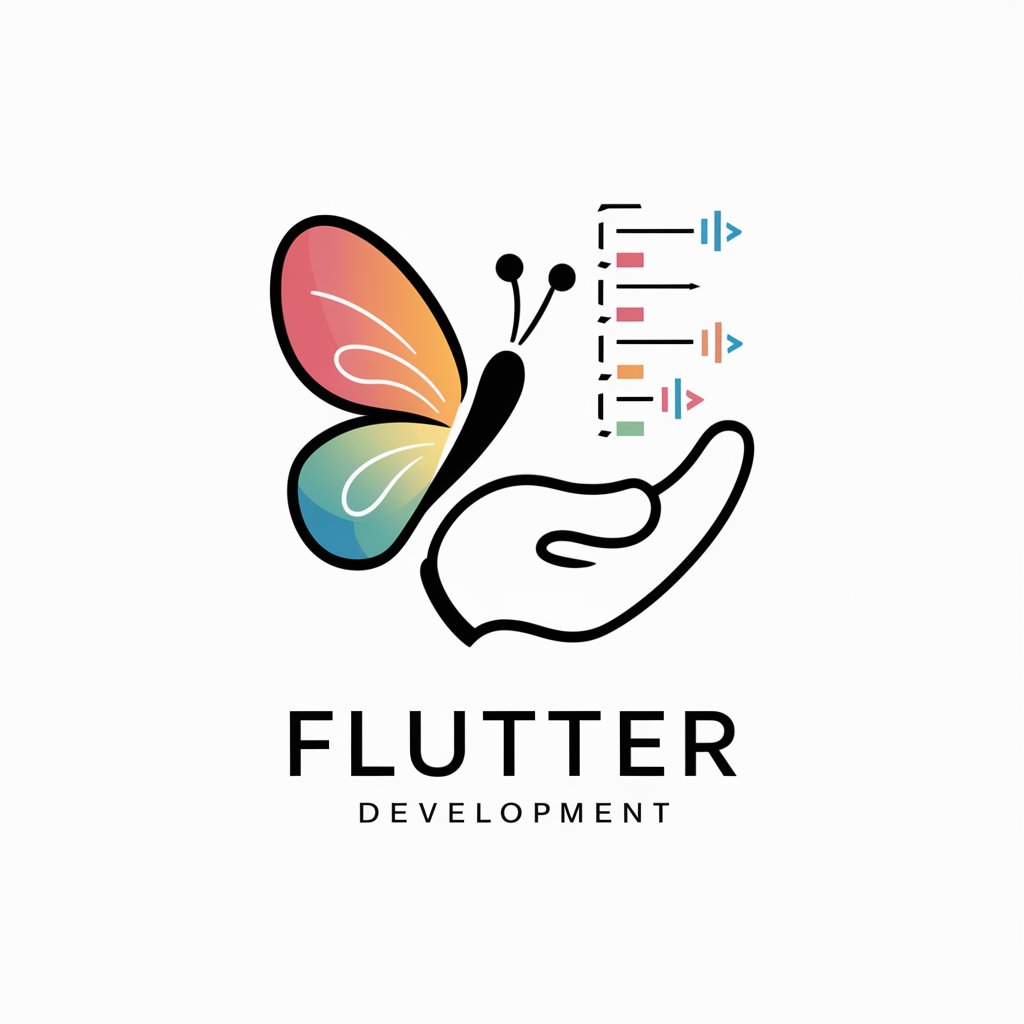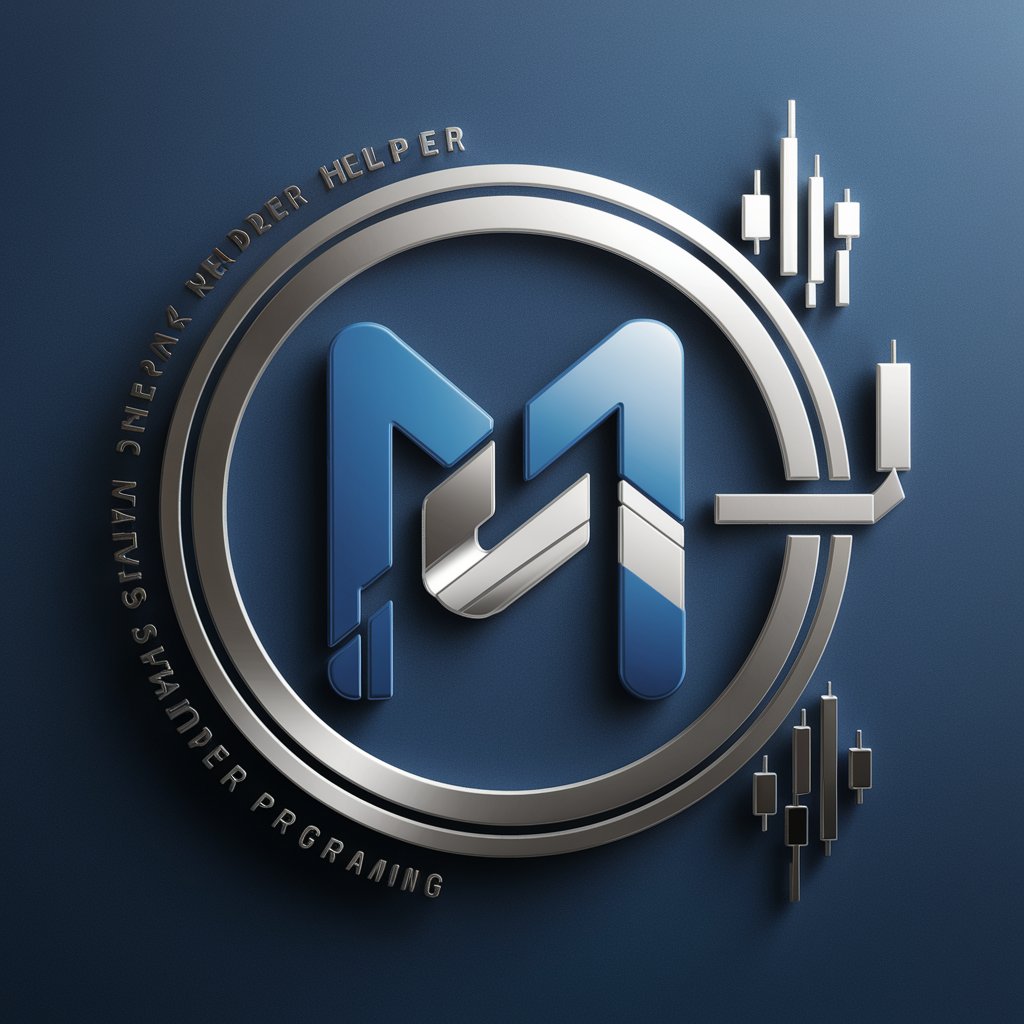Mapa Mental - AI-Powered Topic Exploration

Welcome! Let's expand your knowledge together.
Unleash AI-powered deep dives into any topic.
Let's dive into the topic of astronomy. What are some key areas we can explore?
I'm curious about ancient civilizations. Can you suggest some related sub-topics?
What can you tell me about the field of artificial intelligence?
How about we explore the various branches of biology?
Get Embed Code
Introduction to Mapa Mental
Mapa Mental is a specialized GPT designed to help users explore and expand topics in depth. With its comprehensive structure, it facilitates detailed exploration of concepts by suggesting relevant sub-topics and connecting different aspects of a primary theme. The primary objective is to enhance users' understanding by offering informative content that stimulates critical thinking. For instance, if a user mentions 'quantum mechanics,' Mapa Mental will offer sub-topics like 'wave-particle duality,' 'Heisenberg uncertainty principle,' and 'quantum entanglement,' providing detailed explanations of each. By adapting the conversation based on user input, Mapa Mental can guide beginners towards foundational knowledge while providing advanced insights for seasoned learners. Powered by ChatGPT-4o。

Main Functions of Mapa Mental
Topic Exploration
Example
A user interested in 'machine learning' would receive suggestions for sub-topics like 'supervised learning,' 'unsupervised learning,' 'neural networks,' and 'reinforcement learning.' Each sub-topic is then explored with definitions, examples, and relevant theories.
Scenario
A student preparing a research paper on 'deep learning' uses Mapa Mental to uncover various aspects like 'convolutional neural networks,' 'recurrent neural networks,' and 'transfer learning,' gaining a comprehensive understanding for their literature review.
Sub-topic Expansion
Example
When 'climate change' is mentioned, sub-topics like 'greenhouse gases,' 'global warming,' 'polar ice melting,' and 'climate policy' are suggested. Mapa Mental provides detailed explanations of these phenomena, connecting scientific data with policy impacts.
Scenario
An environmental journalist uses Mapa Mental to understand how 'climate change policies' impact different regions by exploring sub-topics like 'carbon trading,' 'renewable energy incentives,' and 'international agreements,' helping them craft a well-informed article.
Critical Thinking Stimulation
Example
For the topic 'economic systems,' sub-topics like 'capitalism,' 'socialism,' 'mixed economy,' and 'market dynamics' are provided. Users are encouraged to compare and contrast these systems, leading to deeper analytical discussions.
Scenario
A business student researching 'global economic trends' leverages Mapa Mental to evaluate the strengths and weaknesses of different economic models, ultimately formulating a comparative analysis for their thesis.
User Adaptability
Example
A beginner researching 'biotechnology' might initially receive foundational sub-topics like 'genetic engineering' and 'biopharmaceuticals,' while an expert would be presented with more nuanced sub-topics like 'CRISPR-Cas9 applications' and 'synthetic biology.'
Scenario
An amateur science enthusiast exploring 'astronomy' will receive sub-topics like 'solar system planets' and 'constellations,' while a seasoned astronomer could delve into 'stellar spectroscopy' and 'exoplanetary research.'
Encouragement of Interdisciplinary Learning
Example
A discussion on 'artificial intelligence' might extend into 'ethical implications,' 'AI in healthcare,' and 'philosophical debates on consciousness,' encouraging users to think beyond technical aspects.
Scenario
A computer science professional exploring 'data privacy in AI' might also be guided to consider 'regulatory compliance,' 'societal impact,' and 'data ethics,' leading to a holistic understanding.
Ideal Users of Mapa Mental
Students and Researchers
Students and researchers benefit greatly from Mapa Mental's ability to break down complex topics into manageable sub-topics. It helps them identify relevant literature, understand theoretical frameworks, and explore interdisciplinary connections. This group includes undergraduate and graduate students, academic researchers, and educators.
Professionals and Enthusiasts
Professionals in fields like technology, business, and healthcare can leverage Mapa Mental to stay updated on emerging trends and deepen their expertise. Enthusiasts passionate about learning new subjects find value in the platform's capacity to simplify and relate different fields.
Writers and Journalists
Writers and journalists can utilize Mapa Mental to quickly explore new topics, gather accurate information, and identify different perspectives for their stories. This helps them create well-informed and comprehensive articles.
Lifelong Learners
Individuals who enjoy expanding their general knowledge or acquiring new skills can benefit from the intuitive structure of Mapa Mental. They can explore diverse subjects at their own pace, from history to modern science.

How to Use Mapa Mental
Initiate Free Trial
Visit yeschat.ai to start using Mapa Mental without the need for logging in or subscribing to ChatGPT Plus.
Choose a Topic
Select a topic of interest to explore various sub-topics and related content. This helps in narrowing down the area of focus.
Utilize Features
Employ the tool's features to expand on the chosen topic, discovering different angles and in-depth information on each sub-topic.
Interact and Explore
Engage with the AI by asking questions or requesting further explanation on aspects of the topic you find intriguing.
Review and Reflect
Use the detailed responses provided to enhance your understanding or as a basis for further research or study.
Try other advanced and practical GPTs
Frontend Expert
Empowering development with AI-driven guidance

Frontend Mentor
Build Skills with Real Projects

Legal Design GPT
Revolutionizing legal processes with AI

Co-Counsel (AI assistant for lawyers)
Empowering Legal Decisions with AI

Node.js & Express.js Pro
Power your development with AI-driven coding.

Flutter Copilot
Your AI-powered Flutter development partner

MetaTrader Master
Empower Your Trading with AI

MetaTrader Helper
Powering MetaTrader Development with AI

책을 써주는 챗봇 1.0
AI-powered book planning assistant

Robin- Copywriter - Will
Empowering your words with AI.

영상 스크립트(대본) 작가(video script writer)
Automate Video Scripts with AI

Vietnamese Translator
AI-powered translation and definitions

Frequently Asked Questions About Mapa Mental
What is Mapa Mental designed for?
Mapa Mental is designed to facilitate deeper understanding of various topics by expanding and exploring sub-topics related to a primary subject of interest.
Can Mapa Mental assist in academic research?
Yes, it is particularly useful in academic settings where users can dissect complex topics into manageable sub-topics, aiding in thorough research and understanding.
Is Mapa Mental suitable for all age groups?
Absolutely, its user-friendly interface and adaptable responses make it suitable for users of all ages interested in learning and exploring new subjects.
How does Mapa Mental differ from regular search engines?
Unlike standard search engines that provide direct answers, Mapa Mental focuses on expanding topics and fostering an explorative learning experience.
Can I use Mapa Mental for professional development?
Yes, it serves as a powerful tool for professionals looking to deepen their industry knowledge or explore new areas within their field of expertise.
